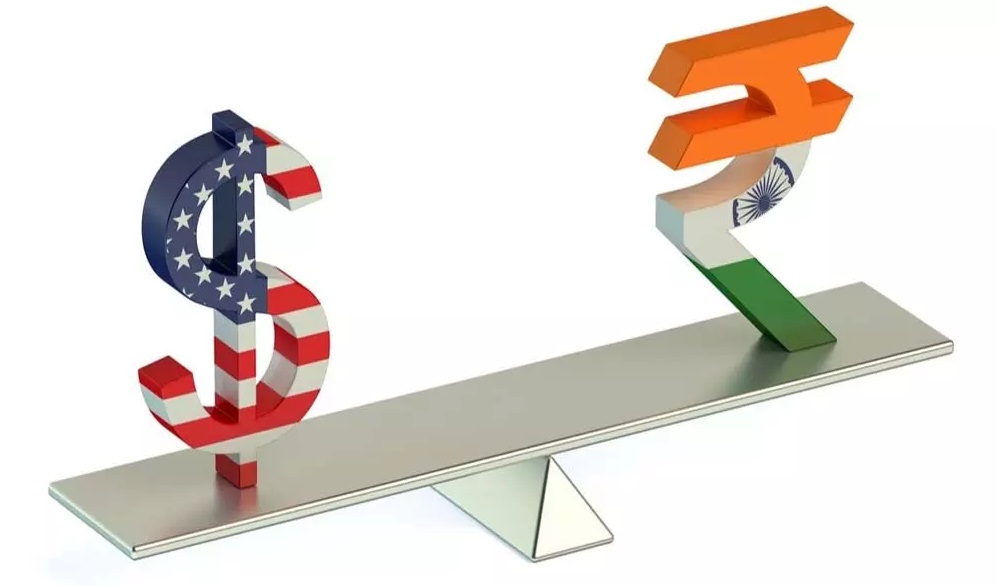What’s all this about currency wars?
To understand currency wars it’s important to understand how the value of currency of a country would impact its economy with respect to the currency of a trading partner.
- Let us, as always, simplify with an example.
- Say the cost of a hair dryer in China is Yu 100.
- Let’s also assume there is a huge demand for this product in the US.
- Let’s assume that the exchange rate is Yu 50 per USD.
- This means that if a consumer in the US wants to buy this item from China, he will need Yu 100.
- To buy Yu 100, he will need $2 (since exchange rate $1= Yu 50)
- Hence the item would cost him US $2.
Now let’s assume China decides to devalue its currency…
- Currently a consumer had to pay $1 to get Yu. 50
- Let’s say after devaluation the exchange rate is $1 = Yu. 100
- So, in this exchange rate regime the item which was earlier costing $2 would cost only $1
- Thus, for the US customer the cost of the Chinese product has halved.
- Hence, he is likely to increase his demand for the product and prefer it over other such products manufactured elsewhere due to the price advantage.
But please note that the Chinese manufacturer, in both the cases, gets Yu 100 for the product.
- This means that by devaluing the Chinese Yuan, the product gets cheaper in the US without hurting its price in China.
- So, while China continues to earn the same per item, the US customer has to pay only half the price.
- So naturally US customers would prefer to buy this item from China.
- Therefore, China would sell more of this item in the US and its market share would go up substantially.
- Thus, China stands to gain due to higher profits earned by way of devaluation.
- Seeing China gain by devaluing its currency, other countries who are adversely affected by China’s move would naturally want to devalue their currencies as well so that they too remain in the race of exporting their goods to the US.
- This is the start of a Currency War.
- In this race of currency devaluation, the US which is one of the largest consuming countries gets affected badly as well.
- Goods manufactured in the US become uncompetitive both in its own market as well as in International markets.
- This leads to lower profits of US companies leading to layoffs which, in turn, gives rise to social problems there.
- This is precisely why the US wants China to appreciate their currency and create a level playing field.
- If China fails to pay heed to the US’s requests, the option available to the US could be to levy duties on the imported Chinese goods to the extent that it would become expensive for the local buyer and thus make it competitive with local products.
- However, this would go against the spirit of free world trade and hence is not as easily implementable as it appears.
- Clearly the artificial devaluation of a currency affects:
- Other exporting countries who too have to resort to such devaluation.
- Importing countries by making their own products uncompetitive.
- This artificial altering of exchange rates creates hostility between the countries leading to what is now famously called Currency Wars.

